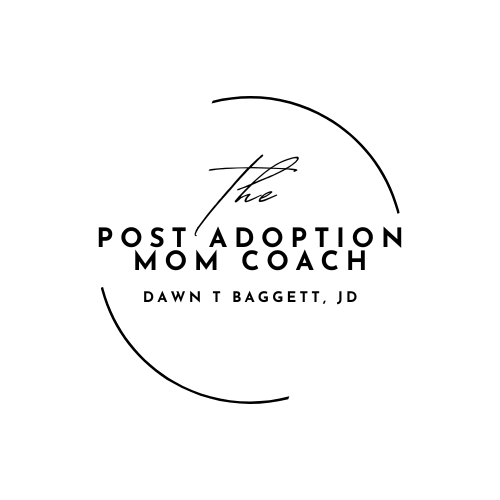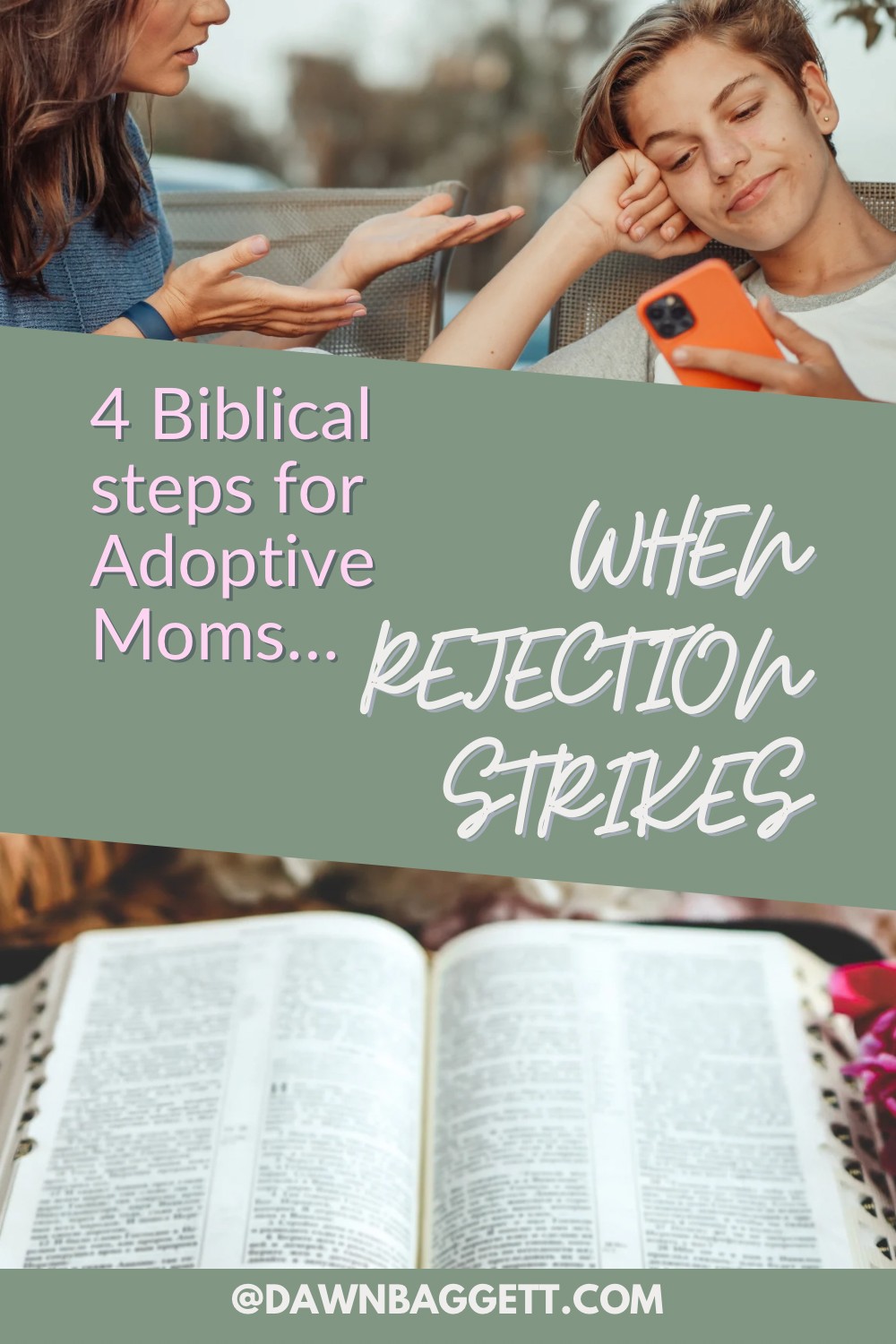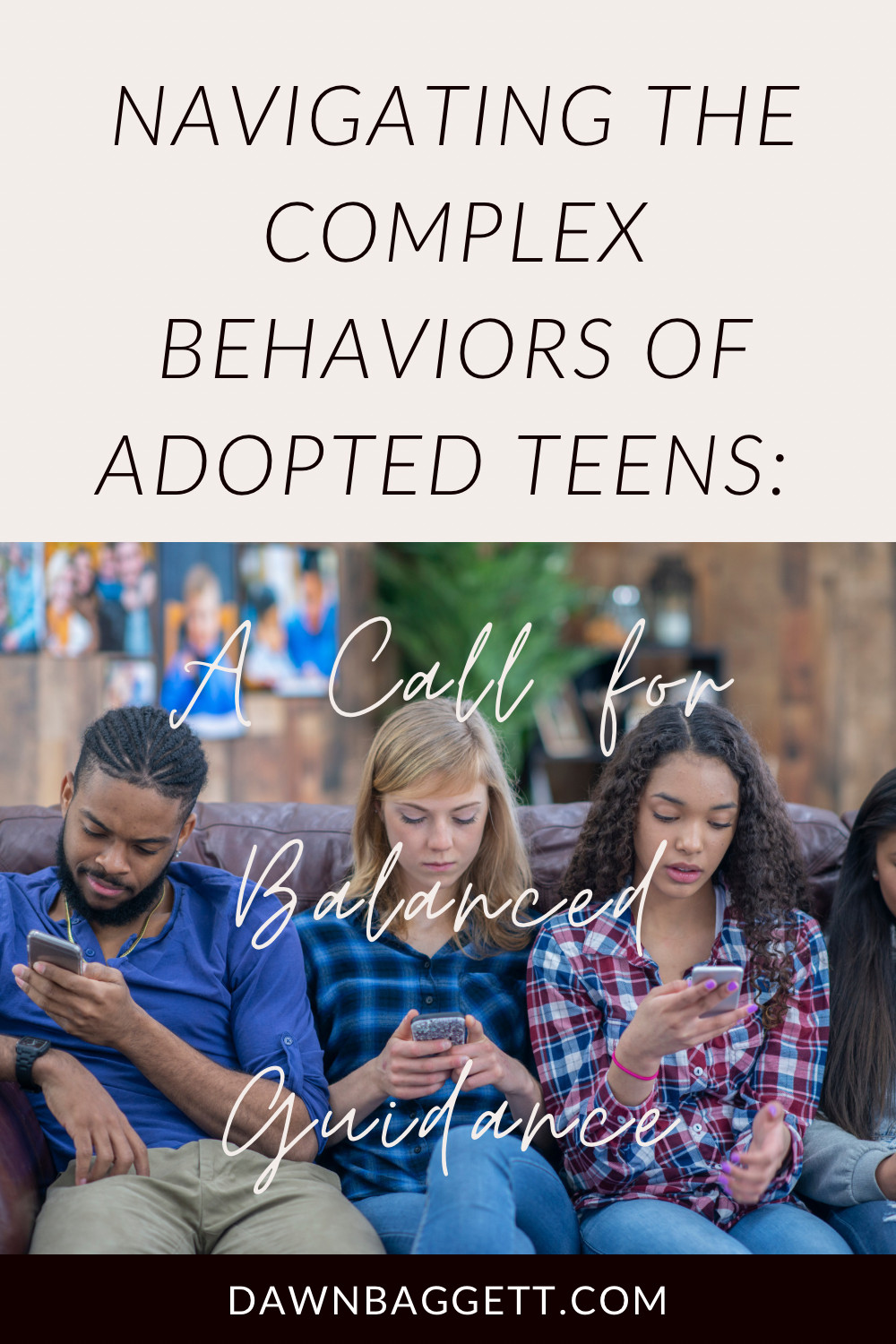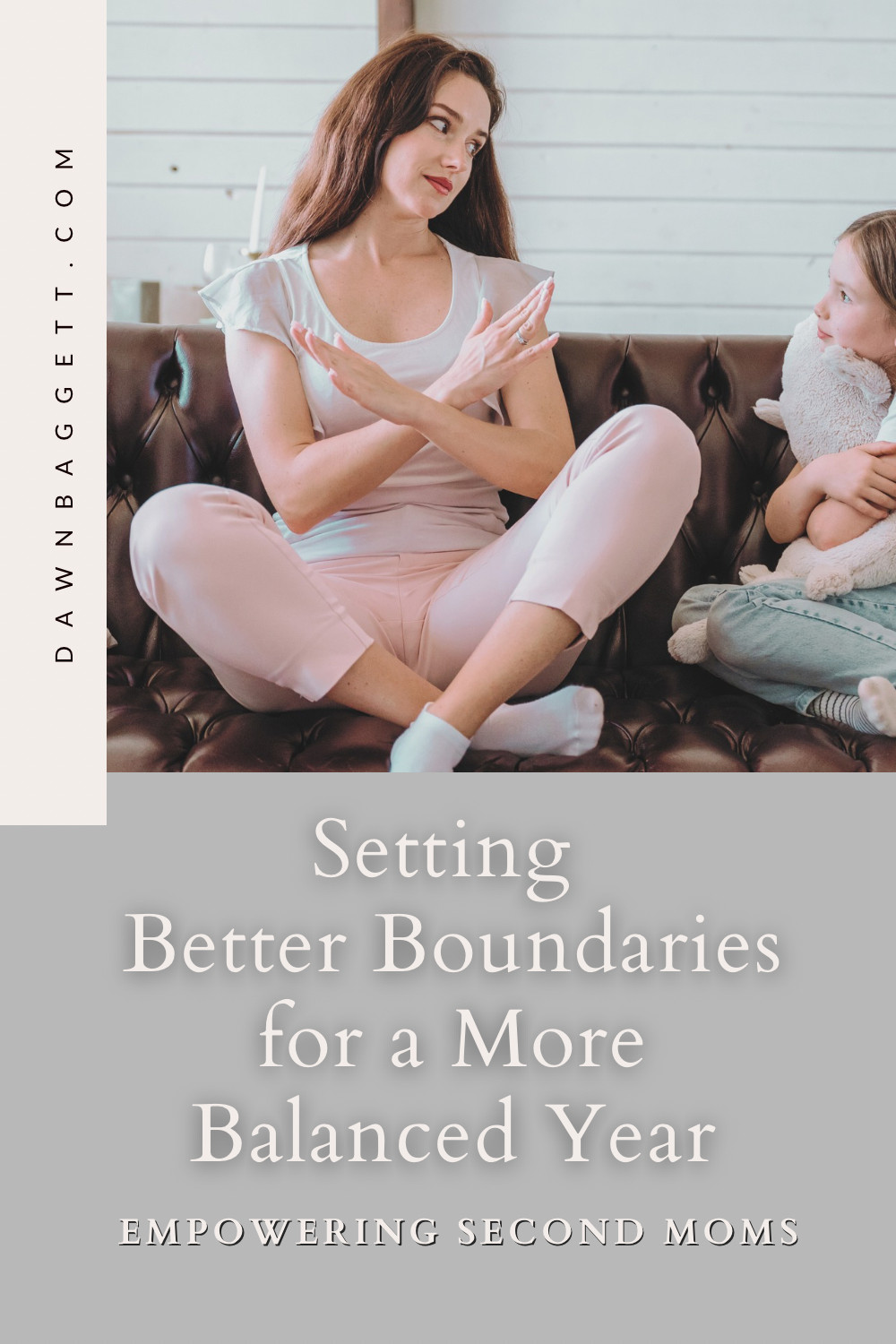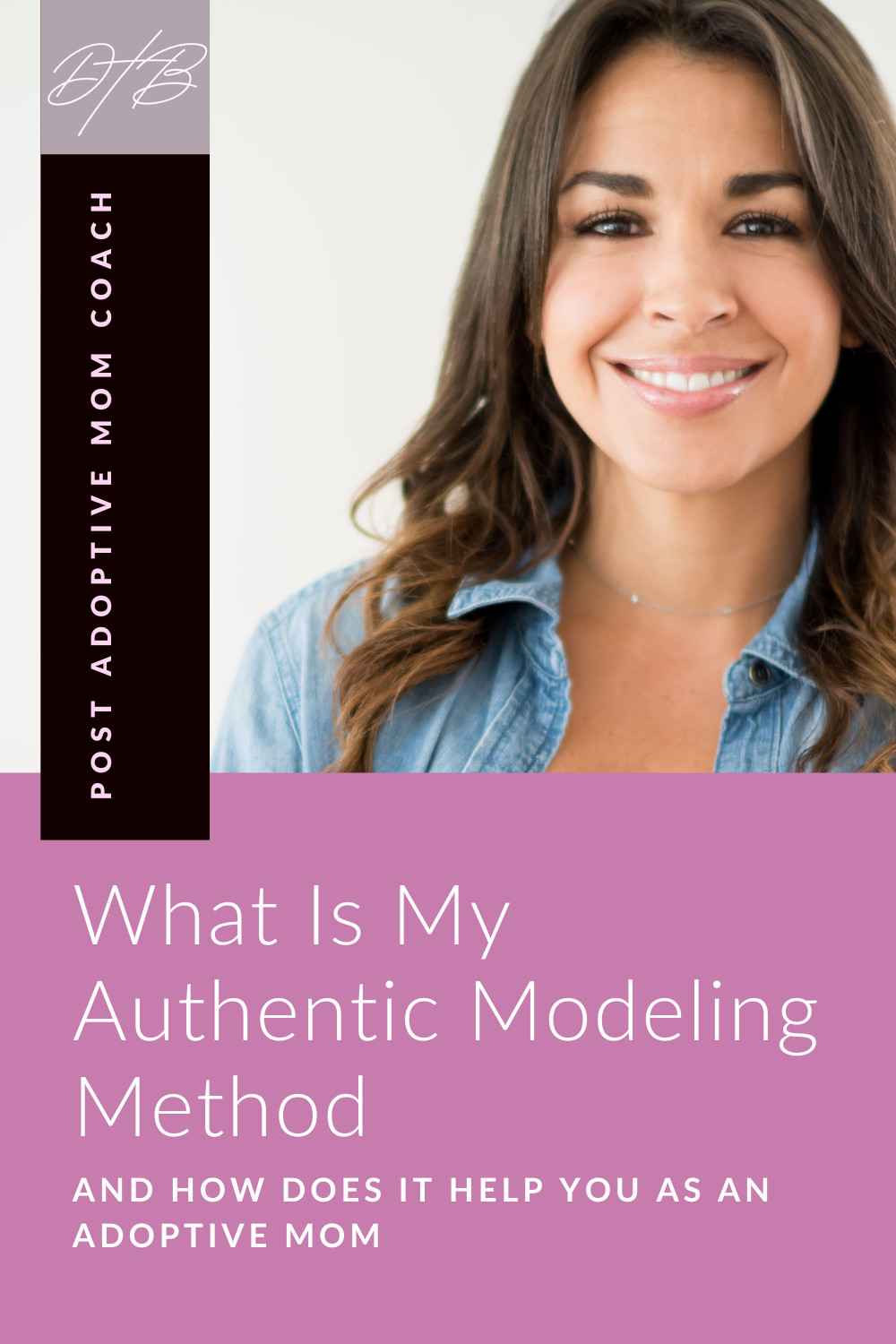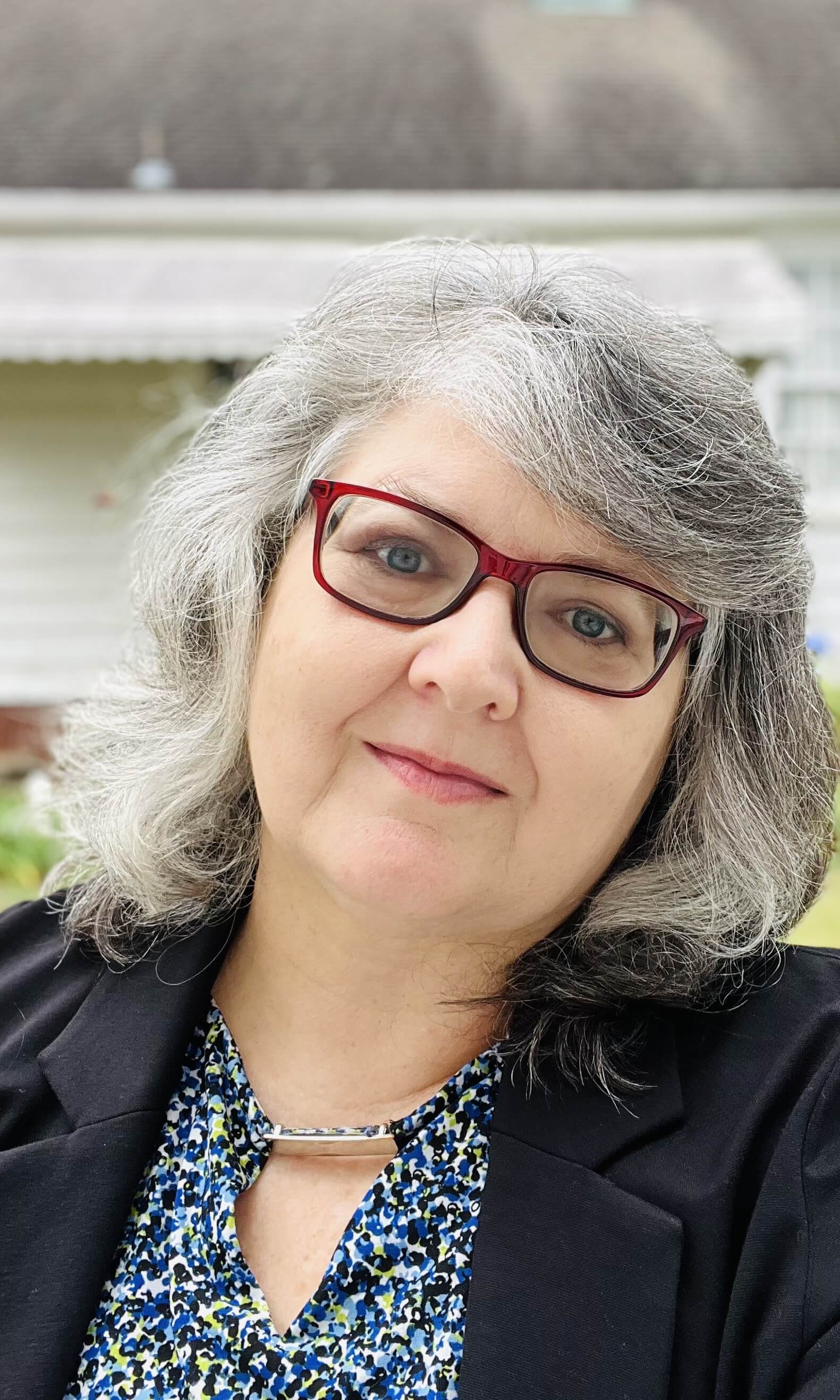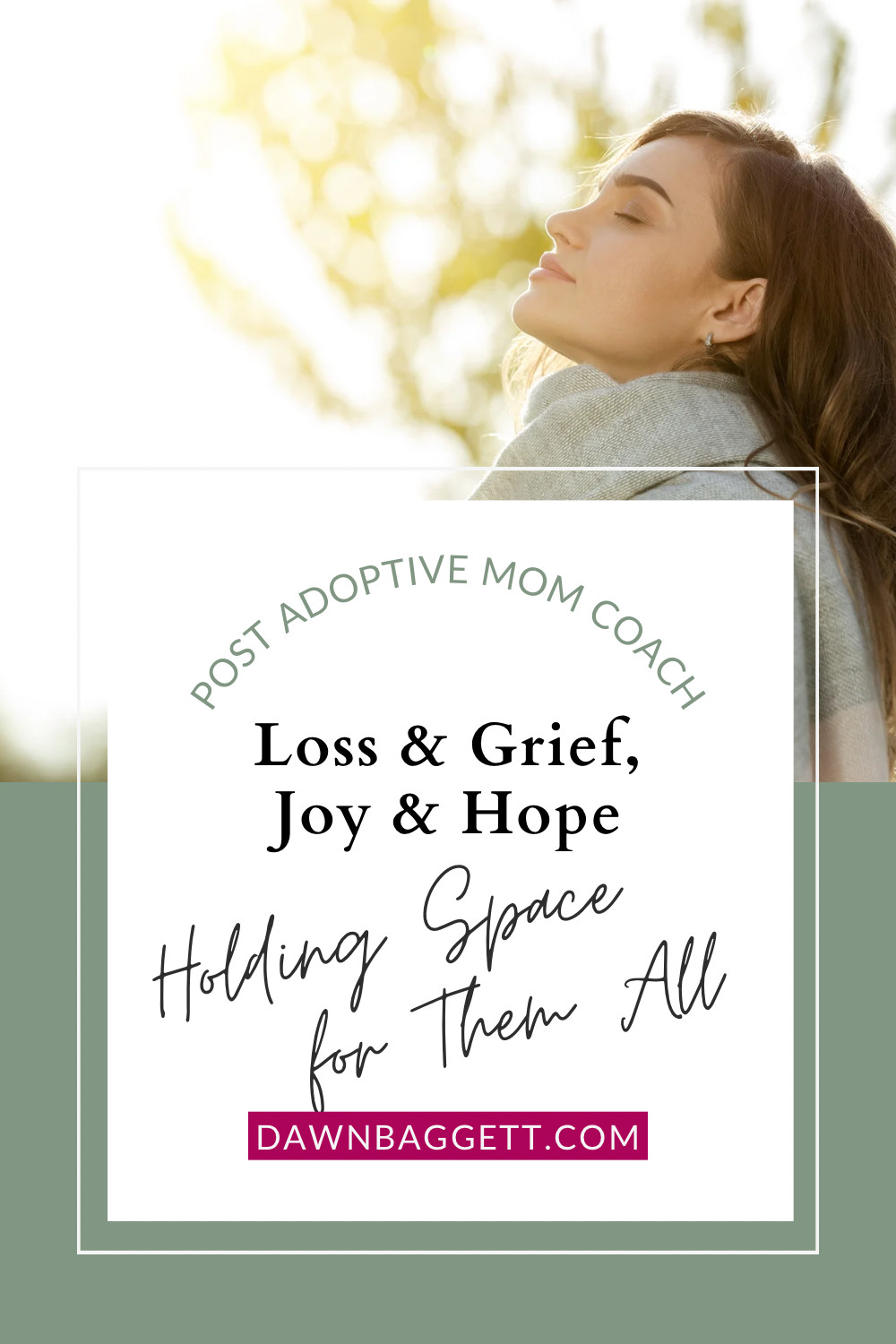
If you've adopted a child (or three!) in the past year or so, despite getting into a routine and getting to know each other better, you feel a sense of loss as the reality of your "new normal" has set in.
You may find yourself thinking wistfully of those pre-adoption days and what you have essentially given up.
Don’t Gaslight Yourself
Don’t gaslight yourself. Your feelings of loss and grief are valid. You will all likely experience them in the days, weeks, months, years to come. You’ll continue to have adjustments to make. You’ll continue to have opportunities to model moving through grief and loss to your children.
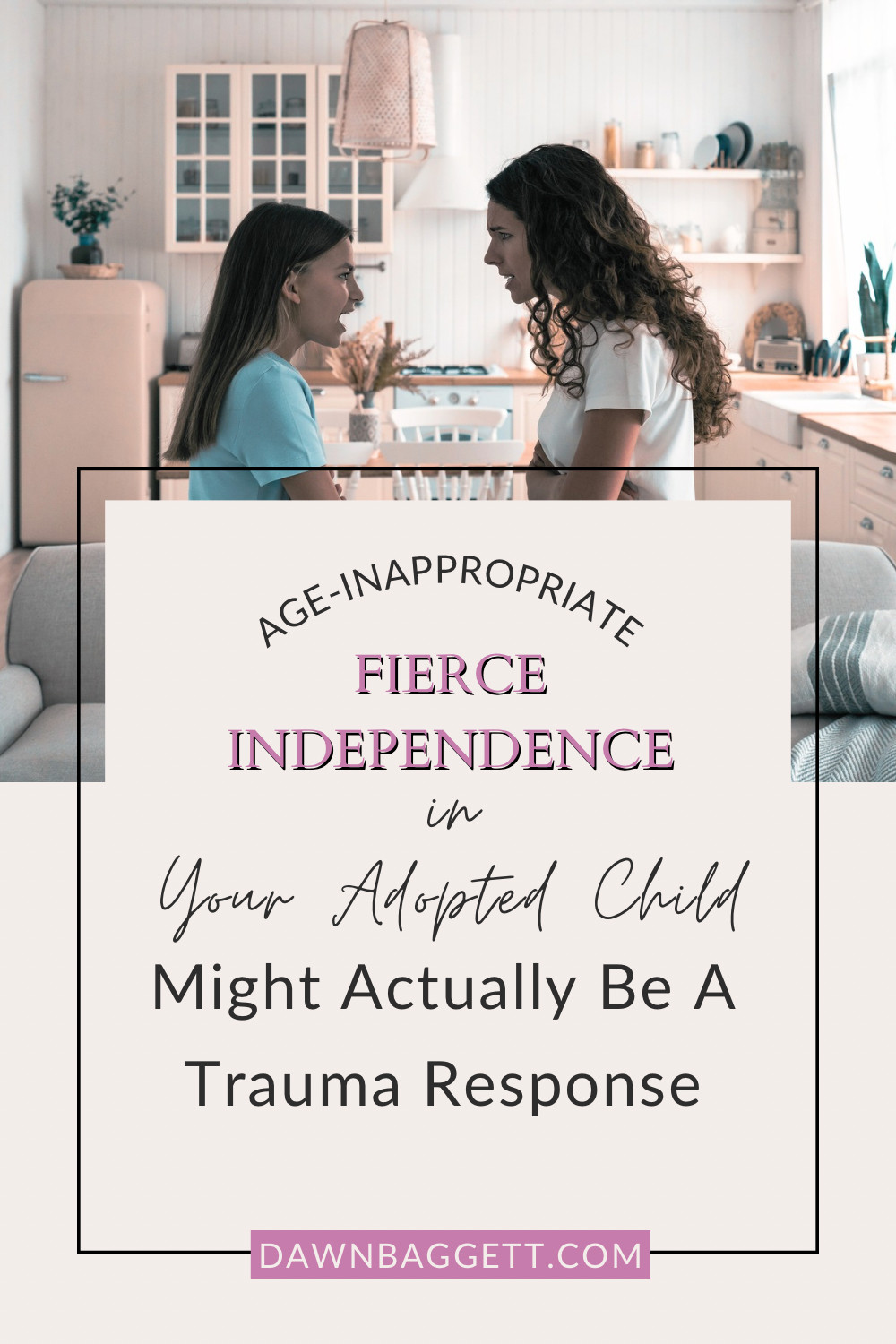
Did you know that early childhood trauma often leads to a pervasive sense of helplessness in children?
This in turn can cause them to overcompensate with age-inappropriate independence and rigid control strategies.
If you're noticing these behaviors in your child, know that you are not alone, and together, we can find paths toward healing and connection.
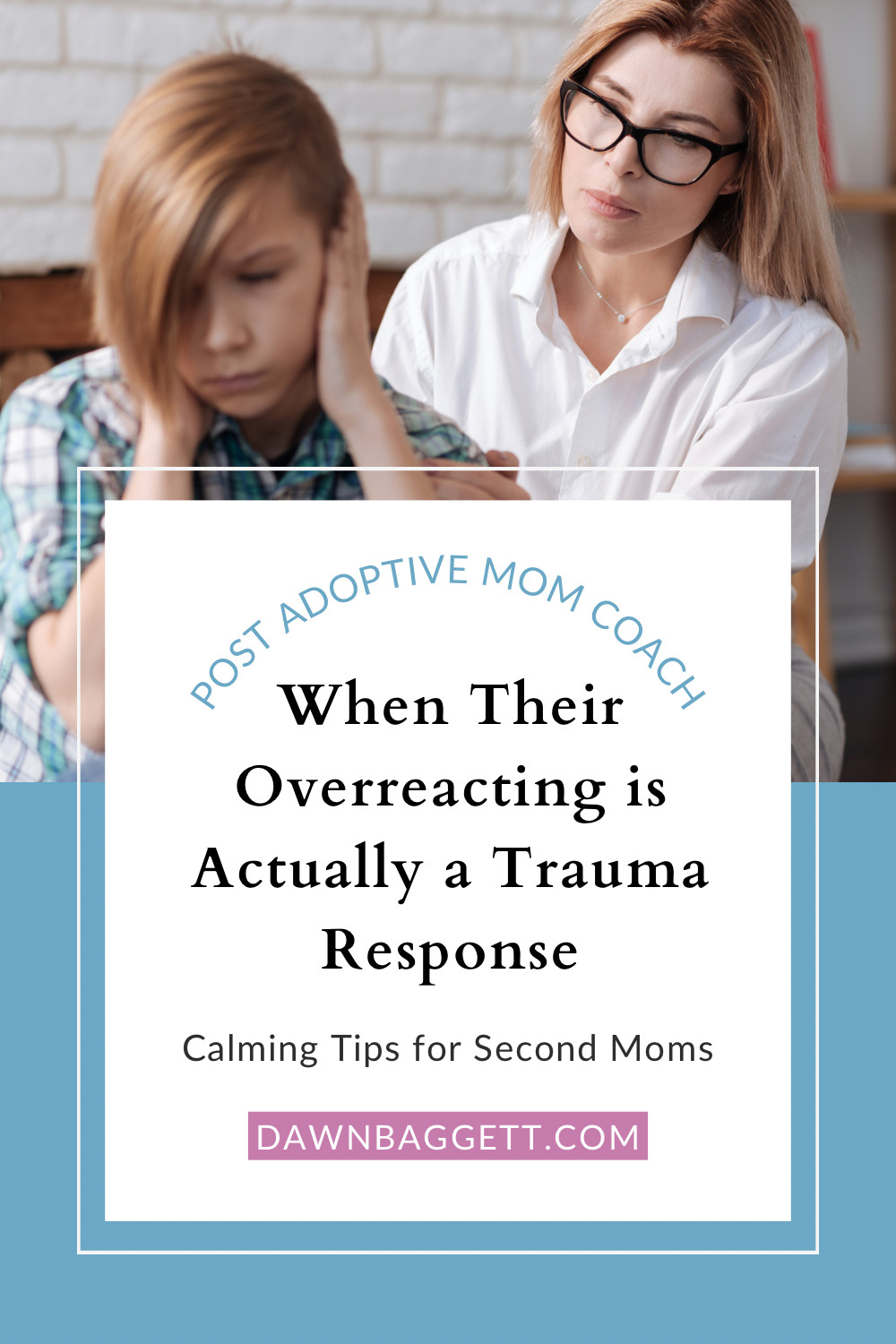
Does your child or teen tend to overreact with excessive & prolonged drama or explosive behavior? Let’s talk about it…
WHEN THEIR OVERREACTING IS ACTUALLY A TRAUMA RESPONSE
…Today, we're diving deep into an essential trauma tip for adoptive moms. It's all about the ability to CALM DOWN – something that can be particularly challenging for traumatized kids. The key concept here revolves around understanding that their brains and bodies are not as efficient in down-regulating from a heightened state of amygdala activation.
